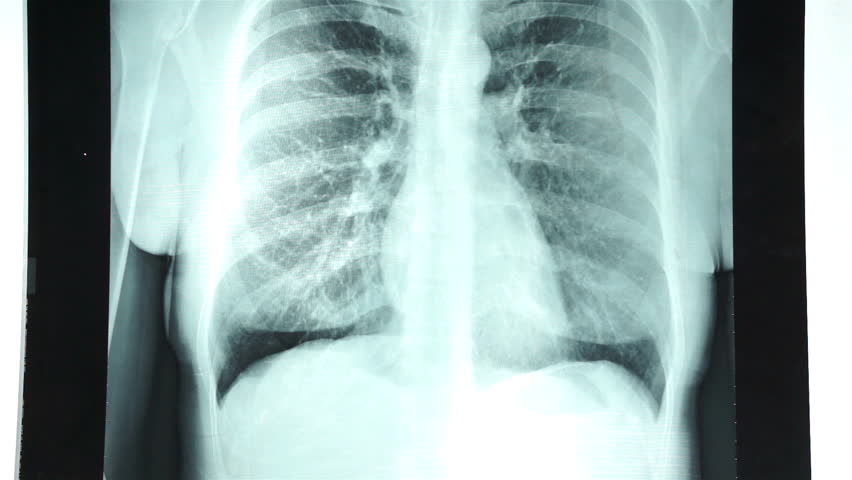Contents:
- Medical Video: Can X-Rays Kill You?
- How important is doing x-rays?
- Is X-rays safe to do?
- Then how often can I take x-rays?
- Can everyone take x-rays?
Medical Video: Can X-Rays Kill You?
One of the most frequently performed medical examinations to diagnose an illness is an x-ray. But, he said, this examination can cause cancer, is that right? How important is an x-ray done? How often do I have to do it if I don't want to get cancer?
How important is doing x-rays?
Maybe you are familiar with X-ray X-ray. X-rays are done using X-rays that function to 'read' the condition of your bones. this examination includes the most basic examination to help doctors diagnose and monitor an illness.
There are many types of x-rays available, this depends on the destination and which body parts are affected by the disease. For example, a mammogram that functions to detect breast cancer.
Some conditions that require you to do x-rays are:
- Bone cancer
- Breast tumor
- Enlargement of the heart
- Blockage of blood vessels
- Disorders of lung function
- Fracture
- Infection
- Arthritis
- Osteoporosis
- Round teeth
Is X-rays safe to do?
Until now safe or not X-rays to do are still a debate among health experts. Some studies suggest that X-rays that are used when a person undergoes an x-ray can cause DNA changes or mutations.
These conditions then increase the risk of cancer in the future. Research conducted in America in 2007 found that people who X-rayed had a 0.6-1.8% chance of having cancer.
However, this increased risk of cancer occurs in very small numbers and is also influenced by other factors, such as family history and lifestyle. In general, X-rays are safe to do because experts have regulated and adjusted radiation doses that can be tolerated by adults.
Then how often can I take x-rays?
Maybe then you ask, how much x-rays are safe to do. Actually, there is no definite answer to this, even experts do not know the number of frequencies that are safe for X-rays. Because x-rays will always have risks even at a small level. However, the risk is not more important than the purpose of this examination - to find out the health condition.
This examination is very important to do when your doctor really needs it to find out the condition of the disease you are suffering from. If this happens, do not refuse to do an x-ray.
However, sometimes you are still asked to do it even though it is not too important for your health condition. Therefore, you should ask your doctor or medical team again, how important this examination should be. If it's not important, you should avoid X-rays because it only increases the amount of radiation in your body.
Can everyone take x-rays?
Although classified as safe, because the radiation dose used is not too large, this examination can be dangerous for babies and developing fetuses. The development and growth of infants and fetuses in the womb can be hampered due to exposure to X-rays.
The fetus and baby are in a period where their tissues and cells grow rapidly. X-ray exposure can inhibit, stop, and even change the network structure to be abnormal. It is not impossible this examination resulted in miscarriage, birth defects, and cancer in infants. Therefore, babies are not recommended to do x-rays.
While in pregnant women, actually still be considered for doing X-rays, if the body part that is examined is the legs, hands, head, or chest. As long as you are not exposed to the abdomen - where the fetus is in it - pregnant women may still do this examination. However, before doing so it is better to say if you are pregnant with your doctor.













